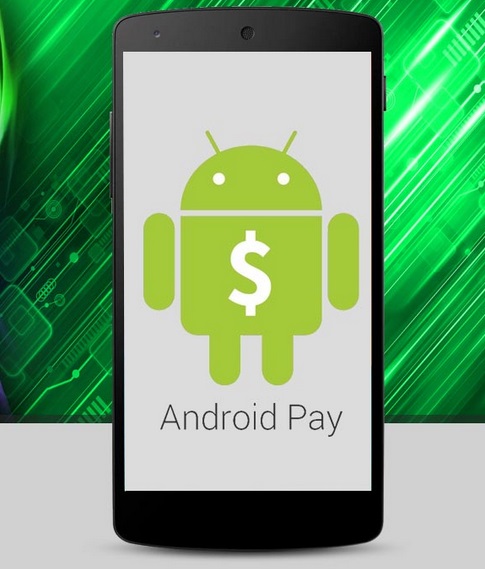WGST's "The Sully Show" for 8/28/15 - Mobile Pay
 Thursday, August 27, 2015 at 8:30PM
Thursday, August 27, 2015 at 8:30PM This week, Rick and Sully talk about using your smartphone as a credit card. Apple Pay had already launched and Android Pay is in the process of launching.
What is this technology, who is using it and is it safe?
Have a listen:
1. Interest but a slow build...
*Customers still watching and waiting
There is significant consumer interest in mobile wallets and Apple Pay gave a shot-in-the arm to a previously lackluster mPOS market. After the first four months of marketing, 13% of credit cardholders who owned a smartphone had adopted Apple Pay. The 15% adoption rate measured over the past four months tells us that Apple Pay's rise will be more incremental than meteoric.
2. Younger demographic taking to it
Younger smartphone owners were most likely to intuitively accept the idea that a mobile payment app had advantages over using a plastic card. Not so for the next tier of would-be wallet users. Expect to see that with Android Pay. Nearly 90% of mobile wallet users are Millennials or Generation X’ers. Conversely, most (73%) credit card smartphone owners have not used a mobile wallet and only 24% of the non-user group say they are likely to use one for either in-store or in-app purchases.
3. The merchant's opinion...
Apple Pay users experience considerable friction at the point-of-sale and many potential transactions are 'left on the table'.
· 59% have been in a store and asked if the merchant accepts Apple Pay
· 44% have expected a merchant to accept Apple Pay and discovered that it was not accepted
· 71% reported some kind of check-out friction, including terminals that did not work or worked too slowly and cashiers that were not able to help.
* Merchants were skeptical as to whether they should invest in the necessary technology
4. Now "mobile pay" comes to Android devices in the form of Android Pay
50% of smartphone owners use an Android phone exclusively or primarily
· There already exists a base of Google Wallet users who will no doubt appreciate the features of Android Pay over Google Wallet – a product that has had a sketchy background

5. Fundumentals of "mobile pay"
Apple Pay doesn’t require you to set up a special account or preload it with money. There’s no app you must open to pay, no special password to remember. Even checkout is more secure than with plastic.
Apple Pay changes the way we look at our phones, not to mention wallets full of credit cards and bits of paper. It is the first such service that many trust to be secure and consistently easy—fundamentals to taking a digital wallet mainstream.
You don’t have to tap or swipe—the connection happens over a wireless system called near-field communication, or NFC.
6. Is it Safe?
Is it safe? A number of security experts I’ve spoken with call it more secure than carrying a plastic credit card.
I know that’s hard to believe considering that iPhones couldn’t keep sensitive celebrity photos away from hackers. But with a regular credit card, your account details are relatively easy to steal. Apple Pay doesn’t even store your credit-card number, just a unique code that’s a stand-in for your card, hidden on a part of the phone that doesn’t get backed up online.
If you lose your iPhone, you don’t have to reissue all your credit cards. Instead, you can suspend payments via Apple’s Find My iPhone website. A thief shouldn’t be able to make purchases with your phone unless they have your thumbprint or, egads, your thumb.
 Android Pay,
Android Pay,  Mobile Pay,
Mobile Pay,  The Sully Show in
The Sully Show in  Apple,
Apple,  The Sully Show,
The Sully Show,  WGST,
WGST,  radio,
radio,  tech segment
tech segment 